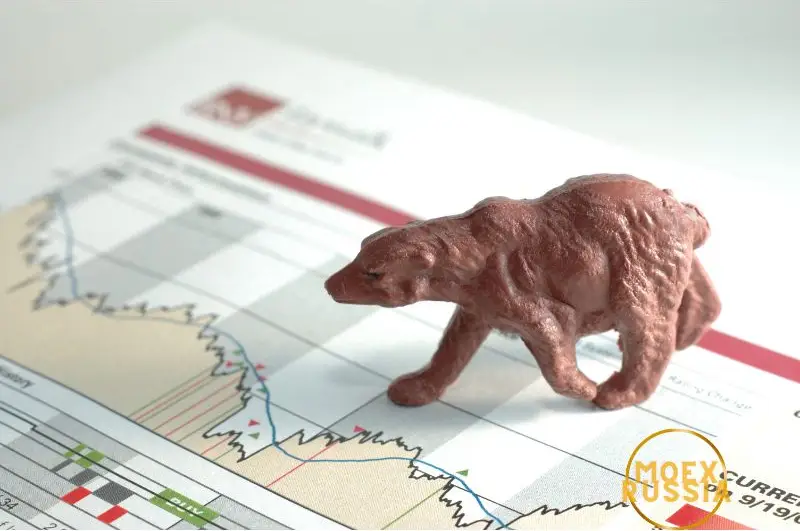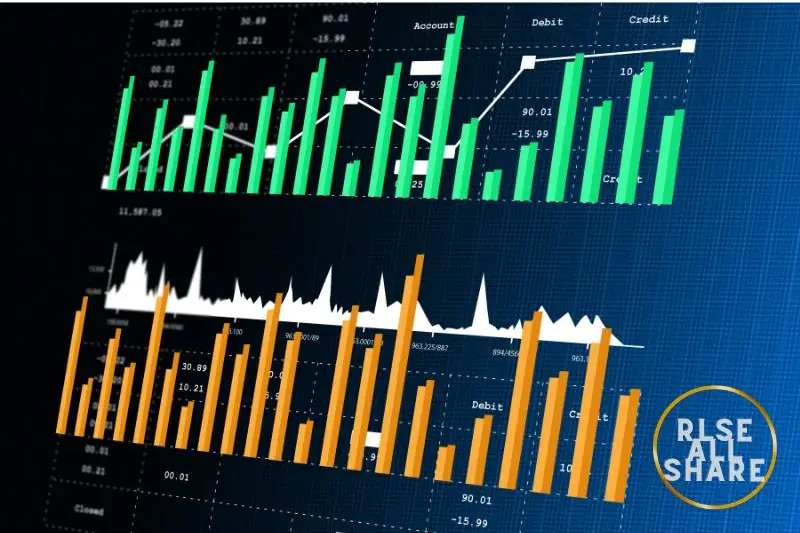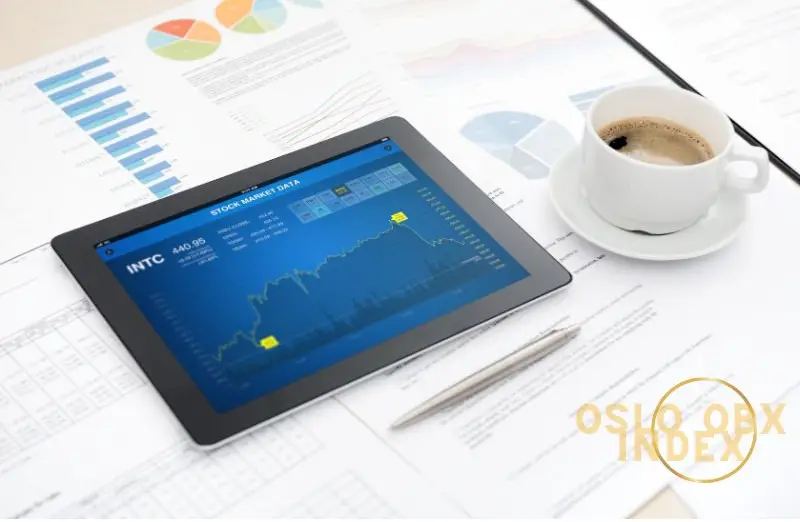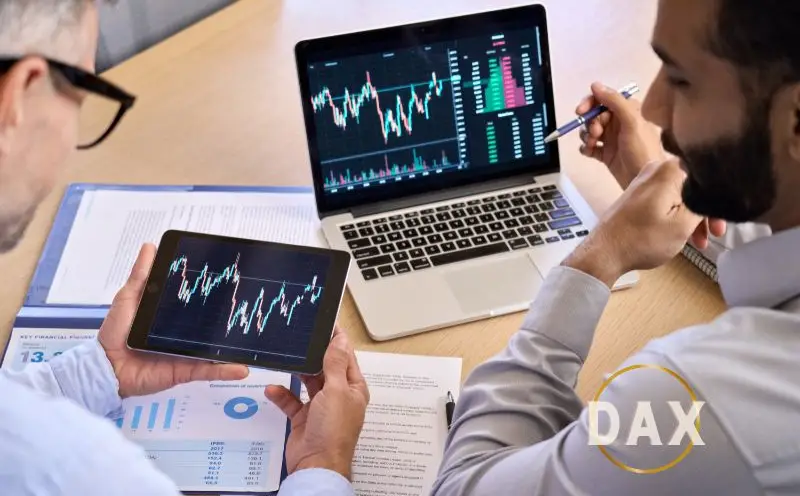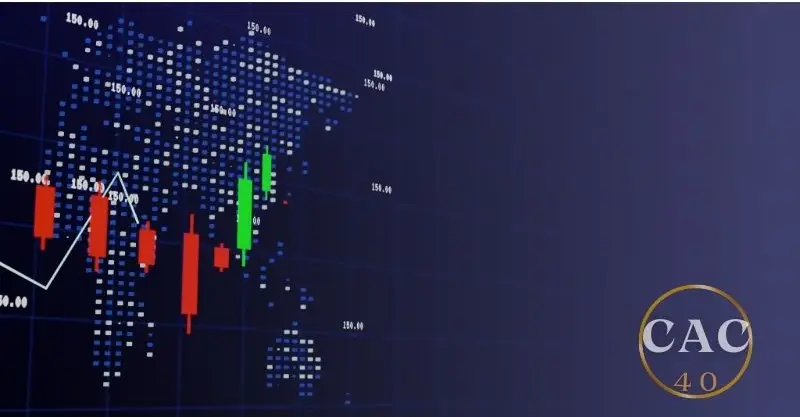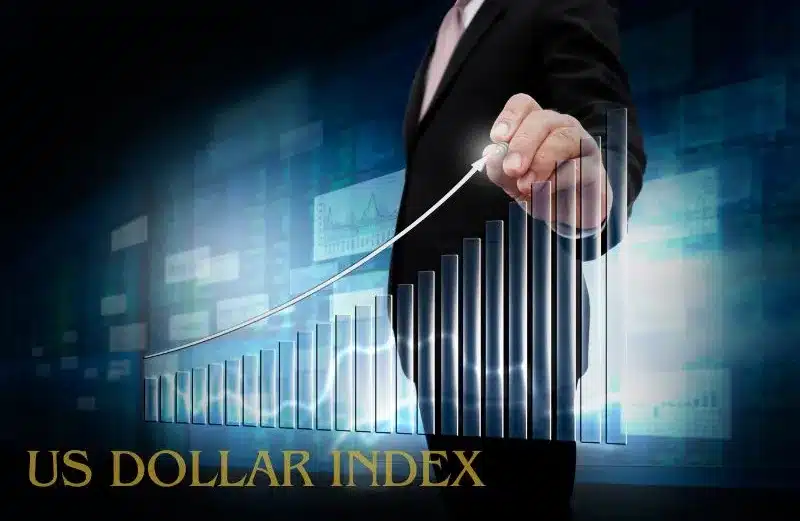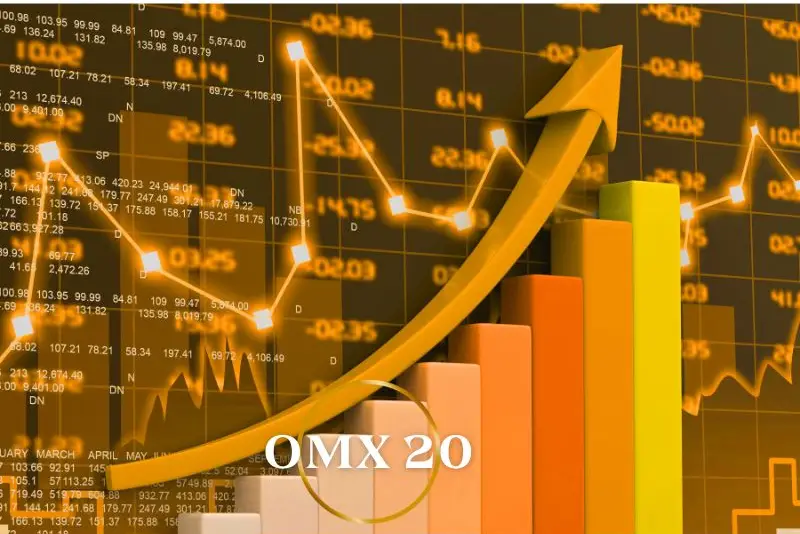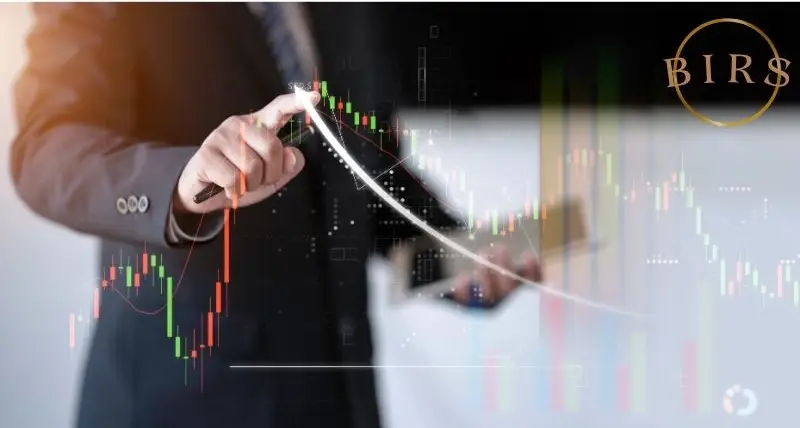Germany is home to one of the largest and most influential stock markets in Europe, making it a crucial player in the global economy. With a strong emphasis on innovation and industry, German stocks are sought after by investors worldwide.
The two main stock indices in Germany are the DAX (Deutscher Aktienindex) and MDAX (Mid-Cap DAX), which track the performance of the top 30 and top 50 mid-cap companies listed on the Frankfurt Stock Exchange, respectively. These indices are widely used as benchmarks for the overall health of the German economy.
Investing in the German stock market can provide opportunities for growth and diversification in a stable and well-regulated market. Whether you’re a seasoned investor or just starting out, keeping an eye on German stocks can offer valuable insights into global economic trends and market movements.
How Does the Stock Market Work in Germany
In Germany, the stock market is regulated by the Frankfurt Stock Exchange (Deutsche Börse). The stock market works similarly to other markets around the world, where investors can buy and sell shares of publicly traded companies.
To invest in the stock market in Germany, individuals can open a brokerage account with a bank or online broker. Once the account is set up, investors can choose which stocks to buy based on their research and investment goals.
Some popular stocks in Germany that have historically generated profits for investors include:
- Volkswagen AG (VOW3)
- Siemens AG (SIE)
- Bayer AG (BAYN)
- Allianz SE (ALV)
- Deutsche Telekom AG (DTE)
Investors can track the performance of these stocks and others on various indices such as the DAX, which includes the top 30 companies listed on the Frankfurt Stock Exchange. It’s important for investors to do their due diligence and research before investing in any stock.
Overall, investing in the stock market in Germany follows similar principles to investing in other countries. It requires research, understanding of market trends, and a long-term investment strategy to potentially generate profits over time.
What is the benefits of buying stocks in Germany
Investing in stocks on the German stock market can offer several benefits to investors. Some of these benefits include:
Diversification: The German stock market is home to a wide range of companies across various sectors, allowing investors to diversify their portfolios and reduce risk.
Strong economy: Germany is known for its strong and stable economy, which can provide a solid foundation for companies listed on the stock market.
Growth potential: Many German companies are leaders in their industries and have strong growth potential, offering investors the opportunity for capital appreciation.
Dividend income: Some German companies pay out dividends to their shareholders, providing an additional source of income for investors.
When investing in the German stock market, there are a few tips and takeaways to keep in mind:
Research: It’s important to thoroughly research any company you are considering investing in, including its financial health, industry trends, and competitive position.
Risk management: Diversification is key to managing risk when investing in stocks. By spreading your investments across different companies and sectors, you can reduce the impact of any one company’s performance on your overall portfolio.
Long-term perspective: Investing in stocks should be viewed as a long-term commitment. While there may be short-term fluctuations in the market, focusing on the long-term outlook of the companies you invest in can help you weather market volatility.
Stay informed: Keeping up with news and developments that may impact the companies you invest in or the broader market is essential for making informed investment decisions.
In conclusion, buying stocks on the German stock market can offer a range of benefits to investors, including diversification, growth potential, and dividend income. By conducting thorough research, managing risk effectively, taking a long-term perspective, and staying informed about market developments, investors can make sound investment decisions that align with their financial goals.
The main stock indices in Germany
Stock market indices are benchmarks used to track the performance of a specific group of stocks within a stock market. They provide investors with an overall view of the market’s health and help them make informed decisions about their investments. In Germany, some of the most important stock market indices include the DAX (Deutscher Aktienindex), MDAX (Mid-Cap DAX), and SDAX (Small-Cap DAX).
The DAX is the primary stock market index in Germany, consisting of the 30 largest and most liquid companies listed on the Frankfurt Stock Exchange. It is considered a barometer for the German stock market and economy as a whole. The MDAX tracks the performance of medium-sized companies, while the SDAX focuses on small-cap companies.
In Germany, stock market indices are regulated by various authorities, including the Federal Financial Supervisory Authority (BaFin) and Deutsche Börse AG, which operates the Frankfurt Stock Exchange. These regulatory bodies ensure that stock market indices are calculated accurately and reflect the true performance of the underlying stocks.
Regulation of stock market indices in Germany also includes rules regarding transparency, disclosure requirements, and governance practices. Companies included in these indices must meet certain criteria to ensure they are representative of their respective sectors and industries.
Overall, stock market indices play a crucial role in providing investors with valuable information about the performance of different segments of the stock market in Germany. By understanding how these indices are regulated and maintained, investors can make more informed decisions about their investment strategies.
Recap: The stock market in Germany
The stock market in Germany is one of the largest and most dynamic in Europe. With companies like Volkswagen, Siemens, and Deutsche Bank being listed on the Frankfurt Stock Exchange, there are plenty of opportunities for investors to diversify their portfolios.
Germany’s strong economy and stable political environment make it an attractive location for international investors looking to capitalize on the country’s growth potential. The DAX index, which tracks the performance of the 30 largest companies in Germany, is a key benchmark for measuring the overall health of the German stock market.
While there are risks associated with investing in any stock market, Germany’s well-regulated financial system provides a level of stability that can help mitigate some of these concerns. Investors should always conduct thorough research and consider seeking advice from financial professionals before making any investment decisions.
In conclusion, the stock market in Germany offers a wealth of opportunities for investors looking to diversify their portfolios and capitalize on the country’s strong economic performance. With careful planning and research, investors can navigate this market successfully and potentially achieve significant returns on their investments.


































